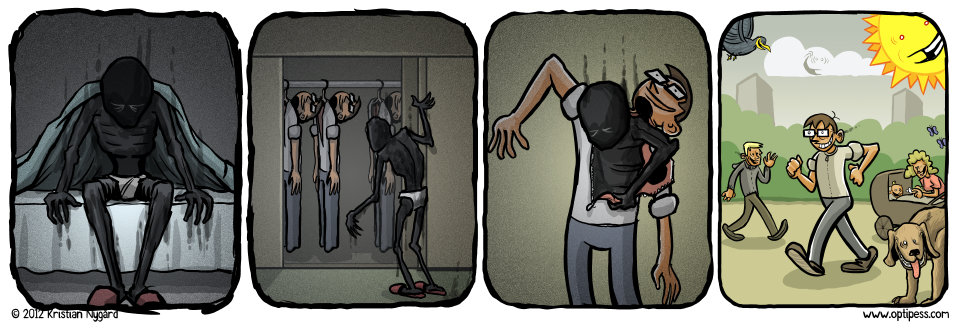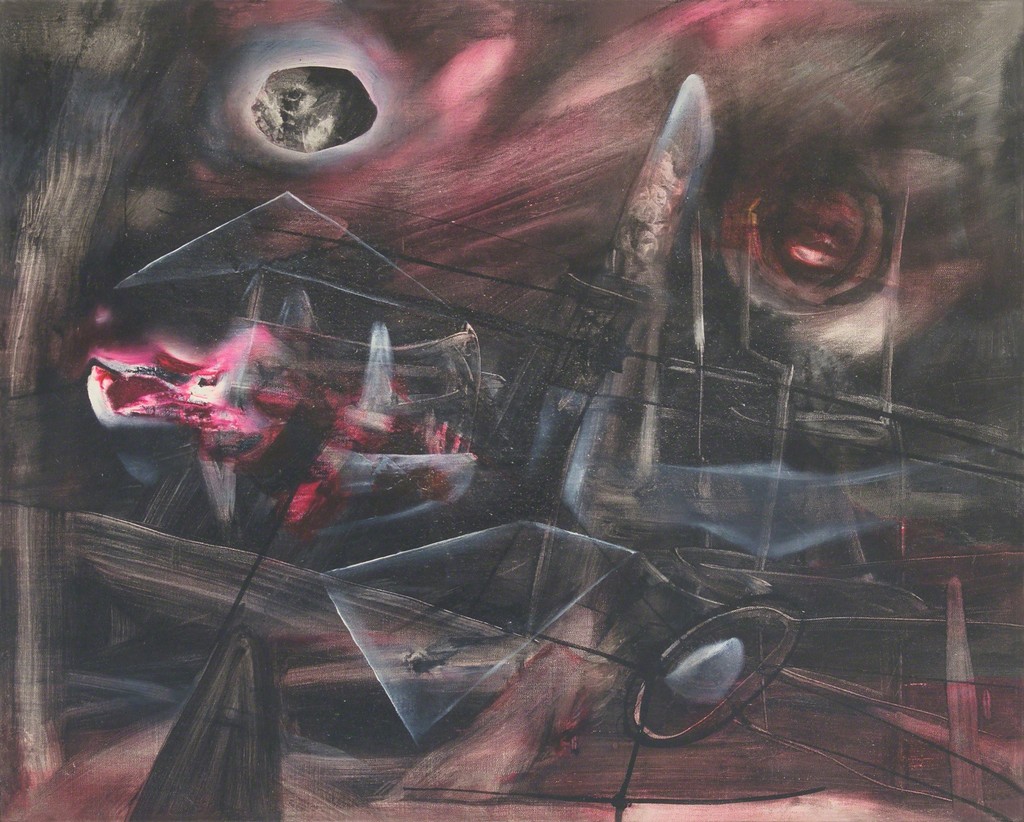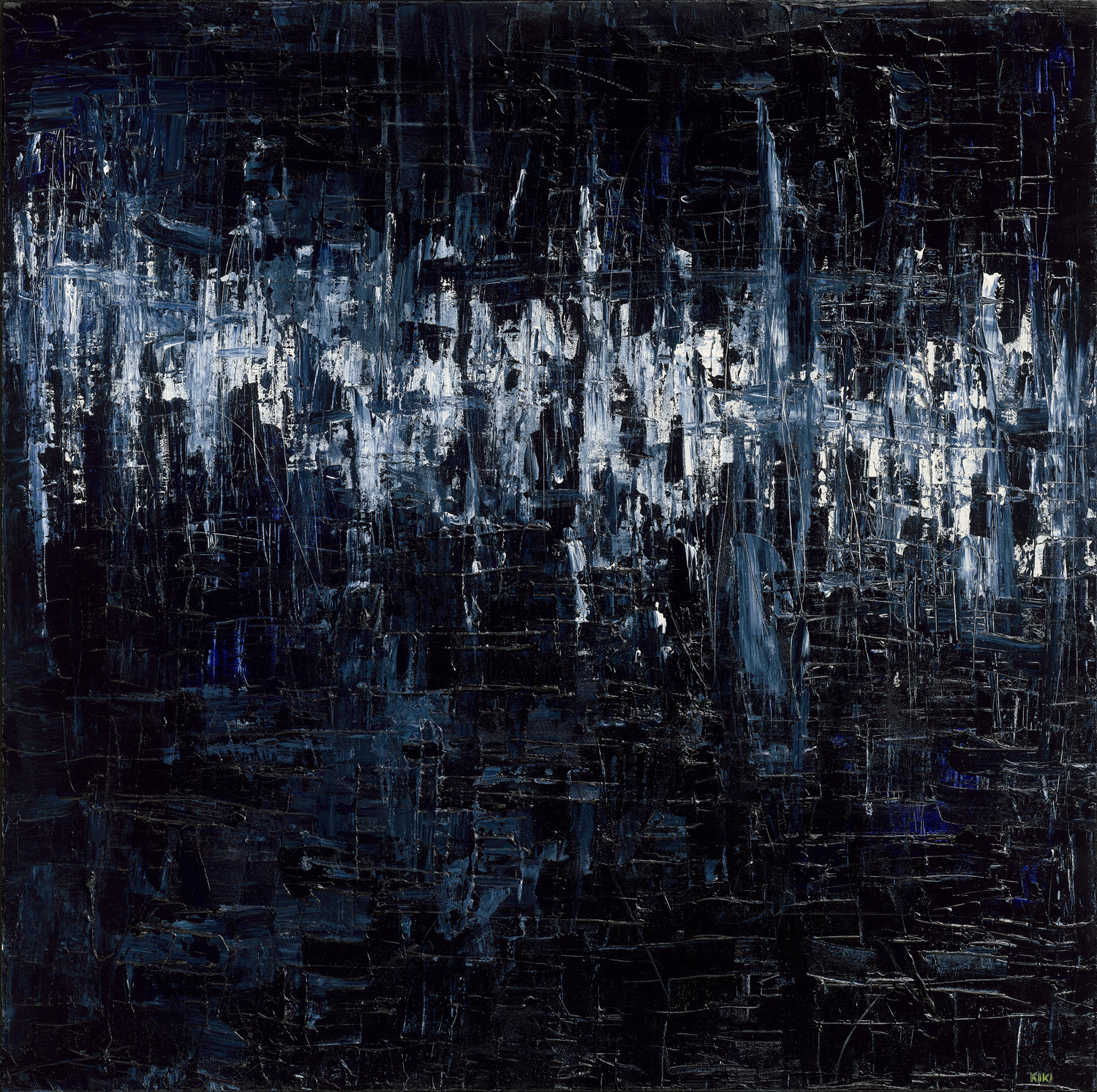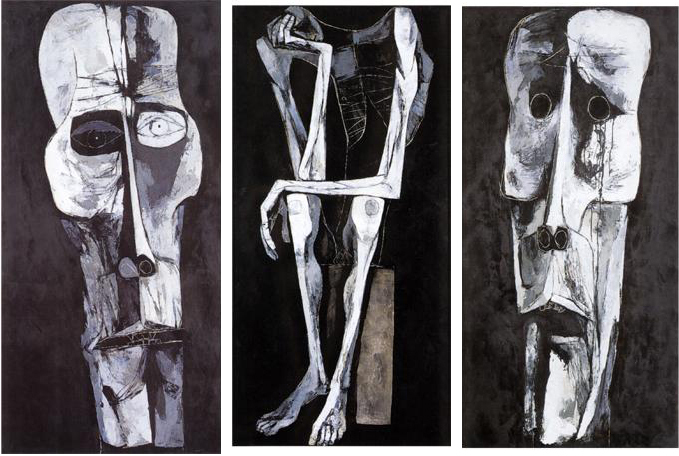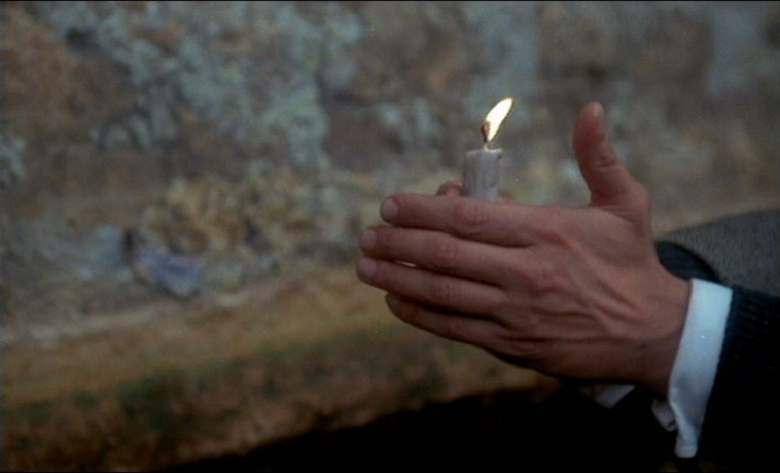The Sickness That Is Depression
An attempt to convey what it was like to have clinical depression and de-stigmatize the topic |
Note: best read on a sizeable computer screen
Like most woke twenty-somethings, I broadly agree with the often expressed notion that mental illness should be de-stigmatized. I am also often annoyed with the ambiguity of empty pronouncements in support of that cause. How does that de-stigmatization actually happen?
I suppose this is my own answer to that question: it happens at least partially through people like me publicly writing about their experience with depression and its associated side effects. And it happens through more people understanding what depression actually is and what people suffering from it have to deal with.
I suffered from a severe episode of clinical depression for the last few months of 2017, from about mid September to just about the end of December. It was so severe that I started having (completely unprecedented) suicidal thoughts, and sought consultation with both a therapist and a psychotherapist. Having recovered from it for almost two months now, I can see in hindsight that part of what made it so severe was that I was just not ready to comprehend or accept the scope of depression’s ability to warp my thoughts, outlook, and physical condition.
I can also see in hindsight that, frankly, the stigma affected me also. I did not share that I was afflicted with severe depression with many of my best friends, nor with most of the people I work with. Many of those people would be surprised to find this out, as I often masked any sign of it by acting cordial and energetic. So, this is my admission to having worn that mask myself.
But I hope to do more that just be open and honest about depression; I hope to promote understanding of it. I hope to expose the experience of the sickness that is depression dissected, spread out, annotated. I hope to make it easier to understand for those who have not dealt with it that depression is a profoundly strange and terrible illness, yes illness, and that those suffering from it are dealing with a lot more than just a period of sadness. Hopefully, if you read this those things will come across.


This is how I remember depression 1.
It was not exactly like this; there were highs, lows, bad days, good days.
But this is how I remember it.
Tired. So tired, cold, ambivalent. Anxious, miserable, uncomfortable, unfocused2.
That’s depression.
Except, these are just words.
Depression cannot be conveyed with just such words.
Roberto Matta, The Black Idea
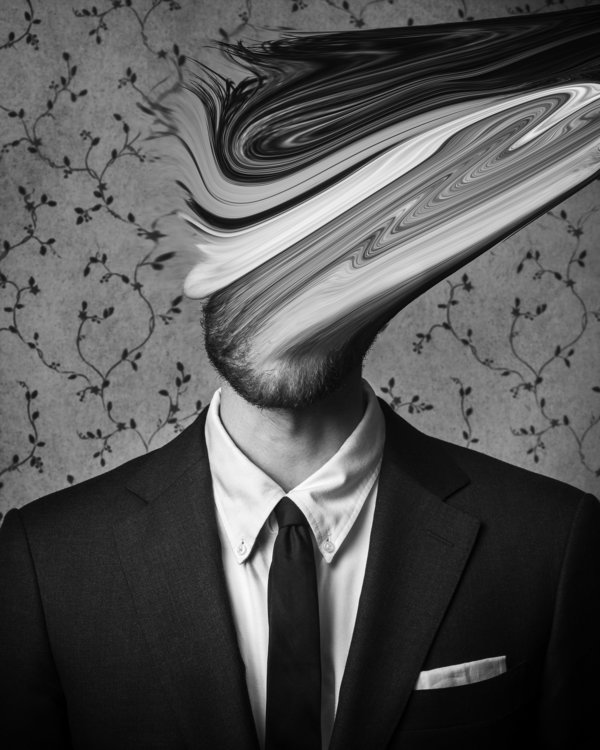
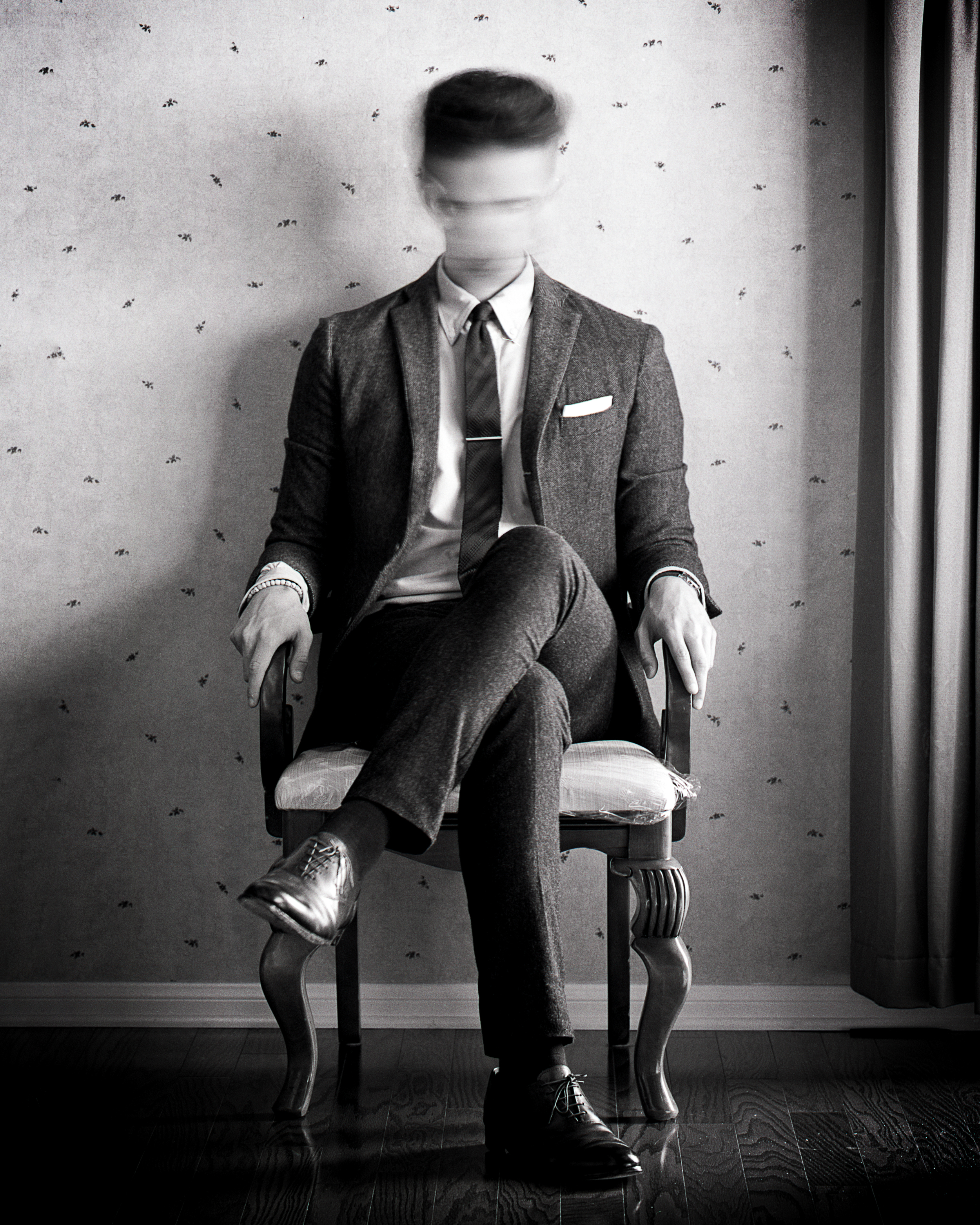
You know how being in a bad mood is like a filter that squeezes out the joy from otherwise pleasant things?
Imagine being in the worst mood of your life, for months3.
You know the difference between dragging yourself to work after waking up with a killer hangover, and heading home having just exercised?
Being depressed was like a perpetual hangover, and being healthy again was like having a perpetual dopamine high4.
You know how when you are drunk, or high, you think thoughts that seem absurd in retrospect?
That happens all the time, constantly, with depression. Eventually I learned to distrust my ‘depressed self’.
You know that feeling of getting in a cold shower and having your body revolt, the feeling of ‘make this stop’?
It was like that, every morning, being hit with a wave of formless misery moments after waking up, like ‘oh, right, this’.
Kiki Shouldice, Discord
You know how it feels when you are at a social event, and just can’t seem to get along with anyone - alienated ?
Depression makes you feel like that, even among friends.
You know how nice it is to warm up by a fire after being cold, and how painful it is to then leave that fire?
Spending time with friends or family felt like that; that warmth soon went away to be replaced by the familiar cold.
You know the difference between feeling dead tired and ambivalent about everything except sleep and the feeling of having just awoken on the first day of a vacation?
One day I awoke and felt that I really was healed of depression, and it was like that.
You know that feeling of doing something you could not care less about, just wanting it to be done with?
Being alive felt like that.
I had supportive family, friends, security, and prospects.
I excercised, meditated, slept well, took on a lighter workload, had a good diet.
But it did not matter. It still took me months, and medication, to improve5.
I still had suicidal thoughts6.
That’s depression.
Except, it was not a feeling.
It was a state, a condition, a sickness. A sickness I was stuck with.


Edward Honaker, II
It was like I was no longer really myself.
I did not have interests, energy, drive - all that was left was a dull miserable husk of myself.
It was like I was just play-acting as Andrey.
The play-acting turned out to be easy, and occasionally it made me feel better.
It was like a temporary state of insanity.
If you have ever been in love, the feeling of temporary insanity was like that.
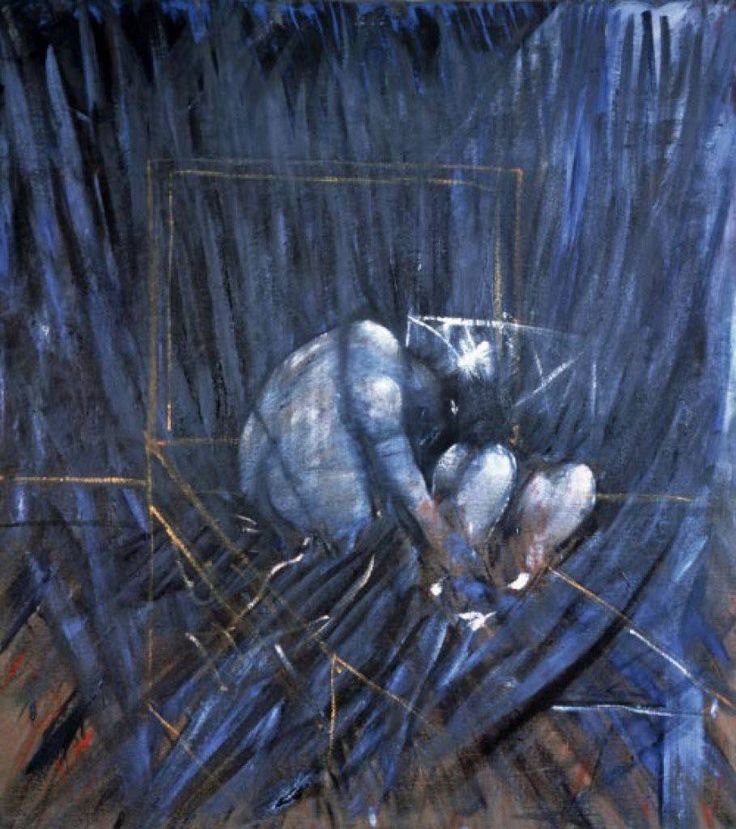
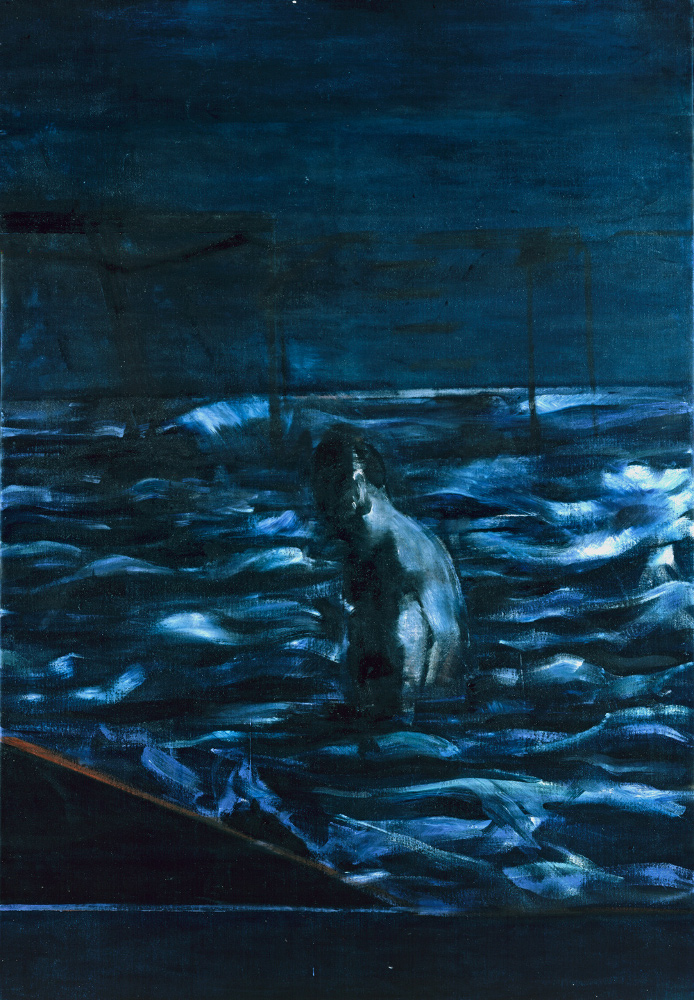
It was like sleep was my only goal, my only escape, every day.
I just wanted to close my eyes. I just wanted to lie down still in a dark silent room.
It was like being up high and struggling for breath, or underwater running out of air.
I thought about thinking about suicide - it became mundane and tiresome.
It was like I could no longer see a future, hated the present, was haunted by the past.
I wanted nothing, was incapable of wanting to strive for anything.
It was like life was just a thing that I did.
And that thing had lost its appeal.
It was like there was some horrible droning static always there.
The music that once brought me joy just added to that static.
It was like I was some Dickensian street urchin, scraping by on every piece of happiness.
Every free meal I got felt like an odd victory that I devoured.
It was like life had become some modern piece of art, inscrutable and cold, nonsensical.
Life never felt more absurd, more grotesque, more pointless 7.
It was like all my anxieties and insecurities grew to a mammoth size and crushed me.
I am and was hard working, fit, smart, gregarious. And still I felt like a worthless worm.
It was like a dream where I walked around in a snow storm wearing only t-shirt and shorts, in a big dead city surrounded by towering gray skyscrapers.
And somehow this is supposed to make sense.
It was like no matter how hard I tried, I could not feel good.
Often the best I could do was numb the pain. My failure to improve made me feel worse.
I meditated, exercised, socialized, went for long walks, read, watched movies.
All of it helped, but none of it made the depression end8. It just did not make sense, being so helpless.
That’s depression.
Except, it did make sense.
I was afflicted with one of the most common but least understood of sicknesses 9.
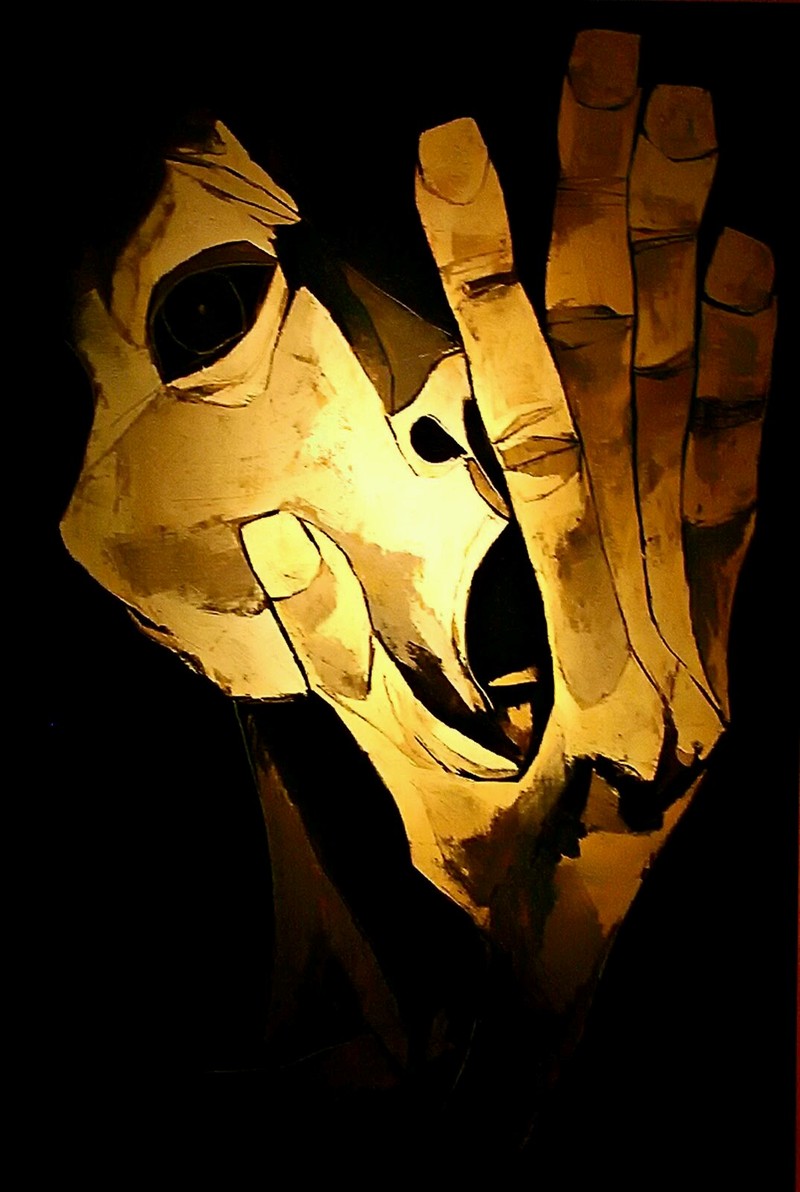
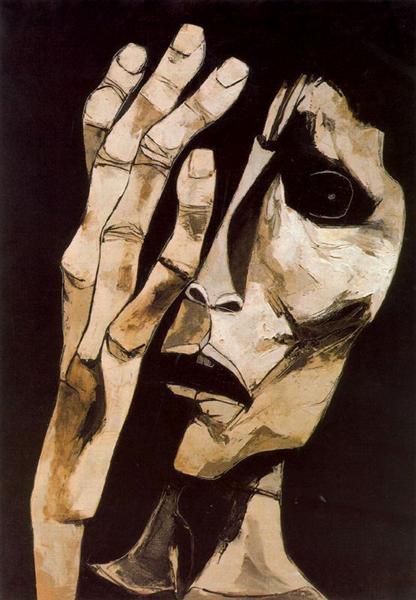
Oswaldo Guayasamín, Waiting
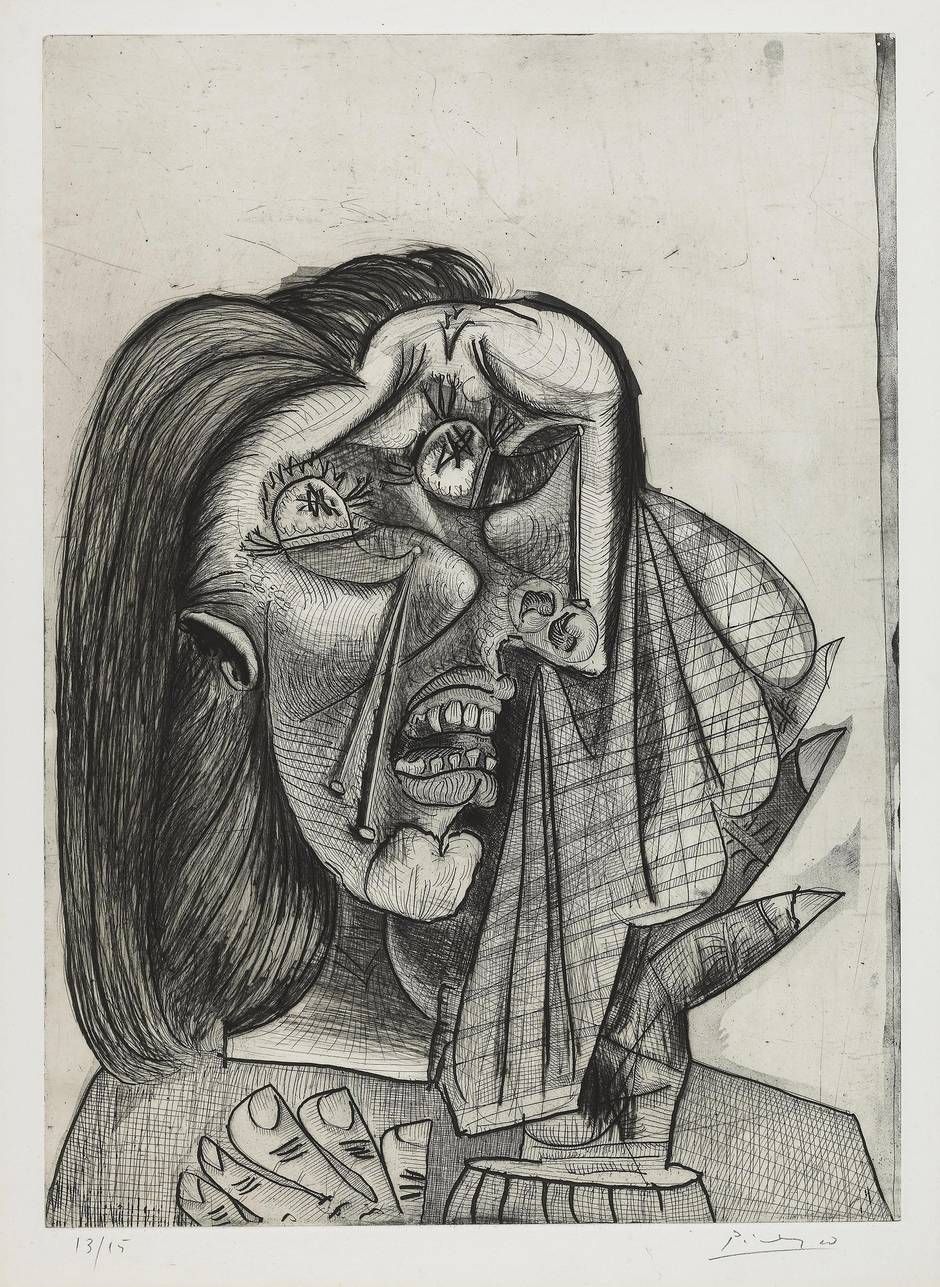
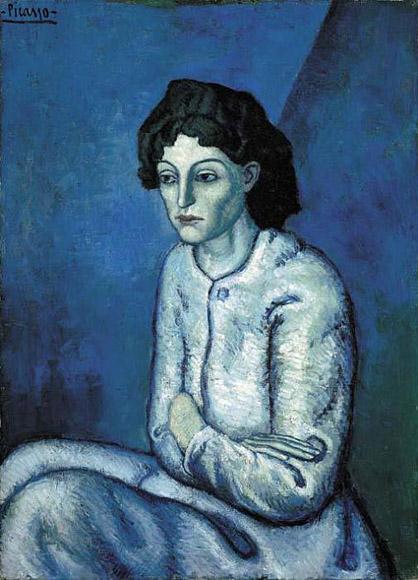
It did make sense, just not to my sick mind.
It did make sense that I needed treatment and when I got it I got better.
Most dont10.
It did make sense that I spoke of it infrequently.
I knew it was a sickness, yet I still felt ashamed, like I had allowed myself to fall to a stupid first world ‘illness’ 11.
It did make sense that I could not think clearly, could not make decisions easily.
I was lucky to have had others to help me seek treatment and not to give up on my aspirations.
It did make sense that I got sick.
I had stress, burnout, family history 12, prior episodes 13, failures, mistakes, changes.
So much to explain it14.
And still I doubted I was truly depressed, and delayed getting treatment.
That’s depression.
Except, that was my depression.
I got treatment, rest, support, and I am no longer sick.
Andrei Tarkovsky, Nostalghia (frame)
Having healed, I relish just being alive, just being myself.
Having healed, my nightmares mostly revolve around having a relapse.
Having healed, my energy and enthusiasm feel boundless.
Having healed, I am still taking antidepressants, still seeing a therapist, doing all I can to remain healthy.
Having healed, the sounds of music often make me indescribably ecstatic.
Having healed, I understand depression better, and hate and fear and loathe it like few other things15.
Having healed, the anxieties and uncertainties and insecurities that so haunted me before barely bother me.
Having healed, what I remember most vividly is not the suicidal thoughts, the inability to focus, the anxiety, the shame; what I remember most is lying in my room at 8PM, and feeling like there was nothing else at all that could make me feel better - that sensation of nothing else but this quiet, this stillness, this darkness.
Having healed, I write this, reflecting on that period of surreal sickness.
I see the need to de-stigmatize and explain my experience far more than I did before16.
So don’t feel bad for me.
I seriously feel superhuman, having healed of this sickness.
Just, try to understand.
While reading this, if you felt you related and may be going through depression, please seek consulation with a mental health professional and talk to your friends and family, or at least complete a short self-test to evaluate whether talking to others is likely warranted. If you are currently struggling with depression, this is a list of resources that might help and if you are in a truly bad place please be aware of the suicide prevention lifeline. When I was depressed it felt like it was never going to end, but it did, and I fully attribute seeking treatment and support as the cause for my recovery. Trust me, it may feel like it will never end, but it will.
-
That is, clinical depression, which I was diagnosed with having. It is a diagnosable condition: “
Diagnostic criteria:
Depressed mood and/or loss of interest or pleasure in life activities for at least 2 weeks and at least five of the following symptoms that cause clinically significant impairment in social, work, or other important areas of functioning almost every day
1.Depressed mood most of the day.
2.Diminished interest or pleasure in all or most activities.
3.Significant unintentional weight loss or gain.
4.Insomnia or sleeping too much.
5.Agitation or psychomotor retardation noticed by others.
6.Fatigue or loss of energy.
7.Feelings of worthlessness or excessive guilt.
8.Diminished ability to think or concentrate, or indecisiveness.
9.Recurrent thoughts of death (APA, 2000, p. 356).” ↩ -
And these were just my symptoms.
Again, the list goes on:
Fatigue,
Feelings of guilt, worthlessness, and helplessness,
Pessimism and hopelessness,
Insomnia, early-morning wakefulness, or sleeping too much,
Irritability,
Restlessness,
Loss of interest in things once pleasurable, including sex,
Overeating, or appetite loss,
Aches, pains, headaches, or cramps that won’t go away,
Digestive problems that don’t get better, even with treatment,
Persistent sad, anxious, or “empty” feelings,
Suicidal thoughts or attempts. ↩ -
This is important to understand. Depression is not a temporary mood: “It is natural to temporarily feel ‘down in the dumps’ from time to time, especially if you are going through an upheaval, loss or stressful situation. Some people refer to this as ‘feeling depressed’. However, if these feelings are intense and persist over weeks or months and if they stop you enjoying or even doing your normal activities, it’s likely that you have depression. Depression is a serious illness that can have a great impact on your everyday life. It’s not something you can normally ‘just snap out of’.” ↩
-
The science is still unclear on the precise physical causes for clinical depression, and indeed it is most likely caused by a combination of factors: “it’s accurate that depression is not just a matter of a “chemical imbalance” in the brain, but instead is a combination of internal and external factors, from a person’s genes to their environment… It’s true that some people don’t benefit from antidepressants at all. Others can’t do without them. They aren’t some magic bullet cure-all, but neither are they some sinister moneymaking scheme perpetuated by shady pharmaceutical companies and uncaring professionals.”. Still, as someone who was baffled by my healthy lifestyle and rest not curing me and as someone who greatly benefited from antidepressants, my personal experience makes me feel chemical imbalance is part of the equation. ↩
-
Antidepressants often get a bad rep, but they (Cymbalta in my case) seem to have been truly effective for me. Still, they are not the solution for everyone: “But a report recently published in The Journal of the American Medical Association showed that the drugs work best for very severe cases of depression and have little or no benefit over placebo (inactive pills) in less serious cases.” Certainly mild to moderate depression can be healed without medication, and in fact that has worked for me in the past, but in a severe case such as mine it should really be considered. ↩
-
Although it is weird to consider thoughts a side effect of illness, it’s true: “Depression is the cause of over two-thirds of the 30,000 reported suicides in the U.S. each year. (White House Conference on Mental Health, 1999)” ↩
-
I had been prone to existential dread in the past, but the sheer nauseating sense of The Absurd was abhorrent; I felt exactly like Sisyphus: “life is meaningless and nonsensical, but humans strive constantly for meaning and sense in it… Once stripped of its common romanticism, the world is a foreign, strange and inhuman place.” ↩
-
I got a lot of well-intentioned but unhelpful advice from people, ranging from being checked for some sort of vitamin deficiency to just trying to chill. I was proactive in trying to get better and I think a lot of things contributed to my recovery, but at the same time it is important to understand that my condition was a sickness. Just like a cold or broken bone, no amount of effort or rest or positive thinking on my part would make me feel better right away; time was necessary, and medication helped. ↩
-
Seriously, it is one of the most common forms of sickness there is: “Major Depressive Disorder is one of the most common forms of psychopathology, one that will affect approximately one in six men and one in four women in their lifetimes.” That means that “Major depressive disorder affects approximately 14.8 million American adults, or about 6.7 percent of the U.S. population age 18 and older, in a given year. (Archives of General Psychiatry, 2005 Jun; 62(6): 617-27)”. ↩
-
Most who really need treatment don’t get it:
But what was most concerning to study co-author Laura Pratt, an epidemiologist at the NCHS, was that 65% of people with severe symptoms of depression were not getting help from a mental health professional.” This, despite it being true that “Up to 80% of those treated for depression show an improvement in their symptoms generally within four to six weeks of beginning medication, psychotherapy, attending support groups or a combination of these treatments. (National Institute of Health, 1998). Despite its high treatment success rate, nearly two out of three people suffering with depression do not actively seek nor receive proper treatment. (DBSA, 1996)”. ↩ -
Which, by the way, is inaccurate ↩
-
Family history: “Research has also shown that people with parents or siblings who have depression are up to three times more likely to have the condition.” ↩
-
Recurrence: “[Major depressive disorder] is usually highly recurrent, with at least 50% of those who recover from first episode of depression having one or more additional episodes in their lifetime, and approximately 80% of those with a history of two episodes having another recurrence.” ↩
-
Granted, depression can also strike with no obvious life events to cause it. Indeed, whatever was going on in my life was not nearly bad enough to justify the pain I was feeling. ↩
-
There is a troubling tendency to romantacize depression, especially on social media. It is disturbing, misguided, and harmful. Recently there have also been popular portrayals of mentall illness that got it completely wrong, which is even more odious. ↩
-
And it’s not just a hunch either - from “The Impact of Mental Illness Stigma on Seeking and Participating in Mental Health Care”: “Mental health literacy seems to have a promising effect on care seeking. Individuals who better recognize their mental illness and its manifestations, as well as treatment options to address its varied impressions, might better avail themselves of those options (Jorm, 2012).” ↩
Previous Post | Next Post
 This work is licensed under a Creative Commons Attribution-ShareAlike 4.0 International License.
This work is licensed under a Creative Commons Attribution-ShareAlike 4.0 International License.
